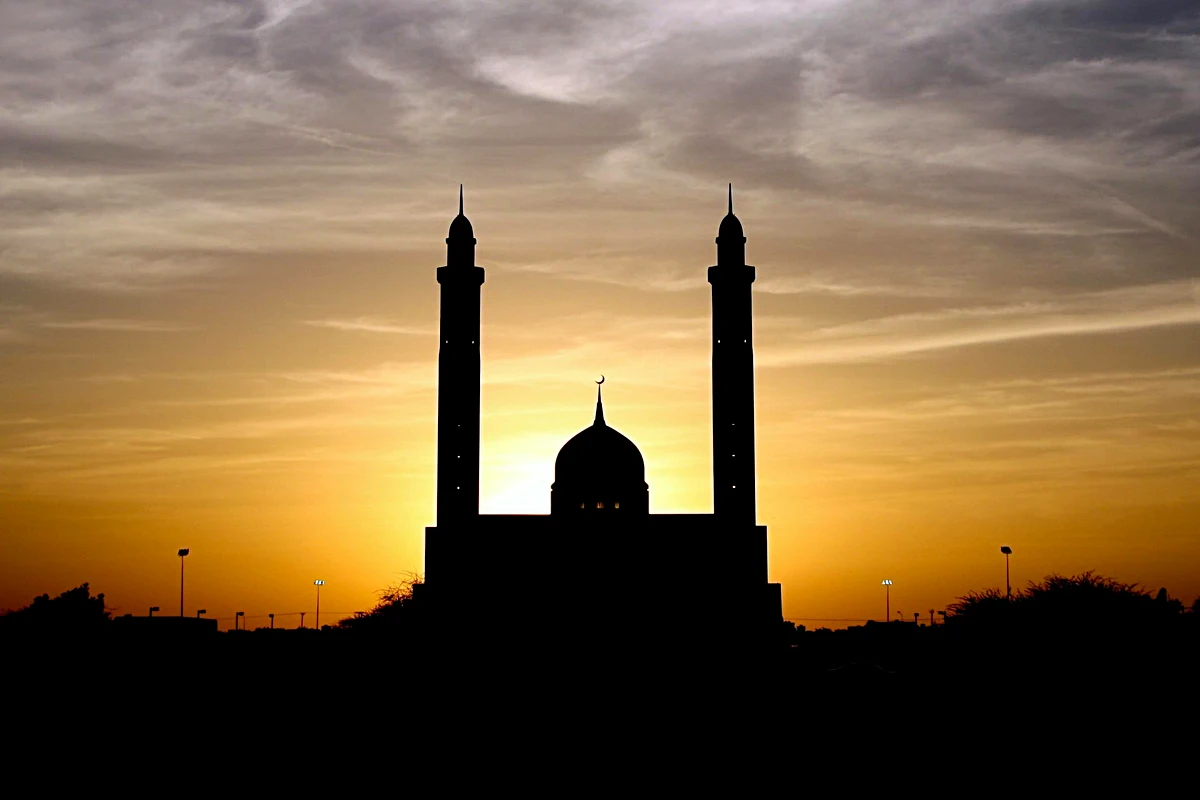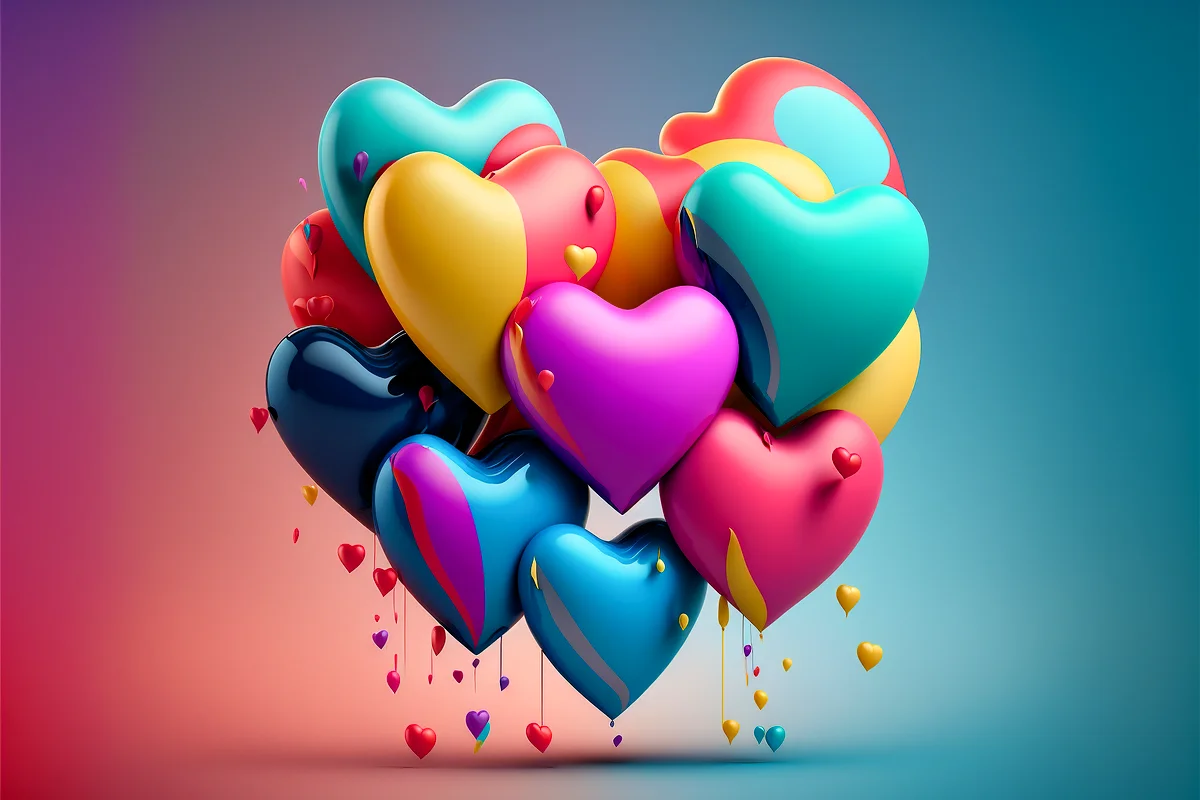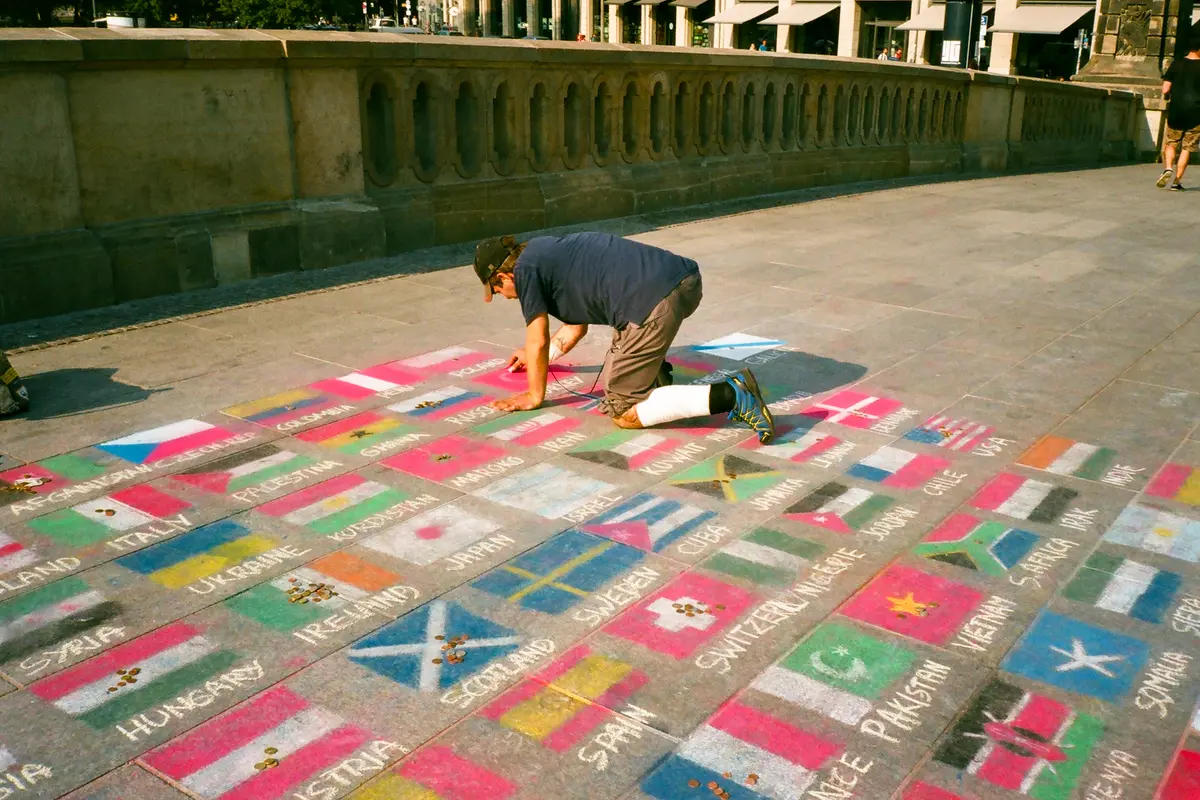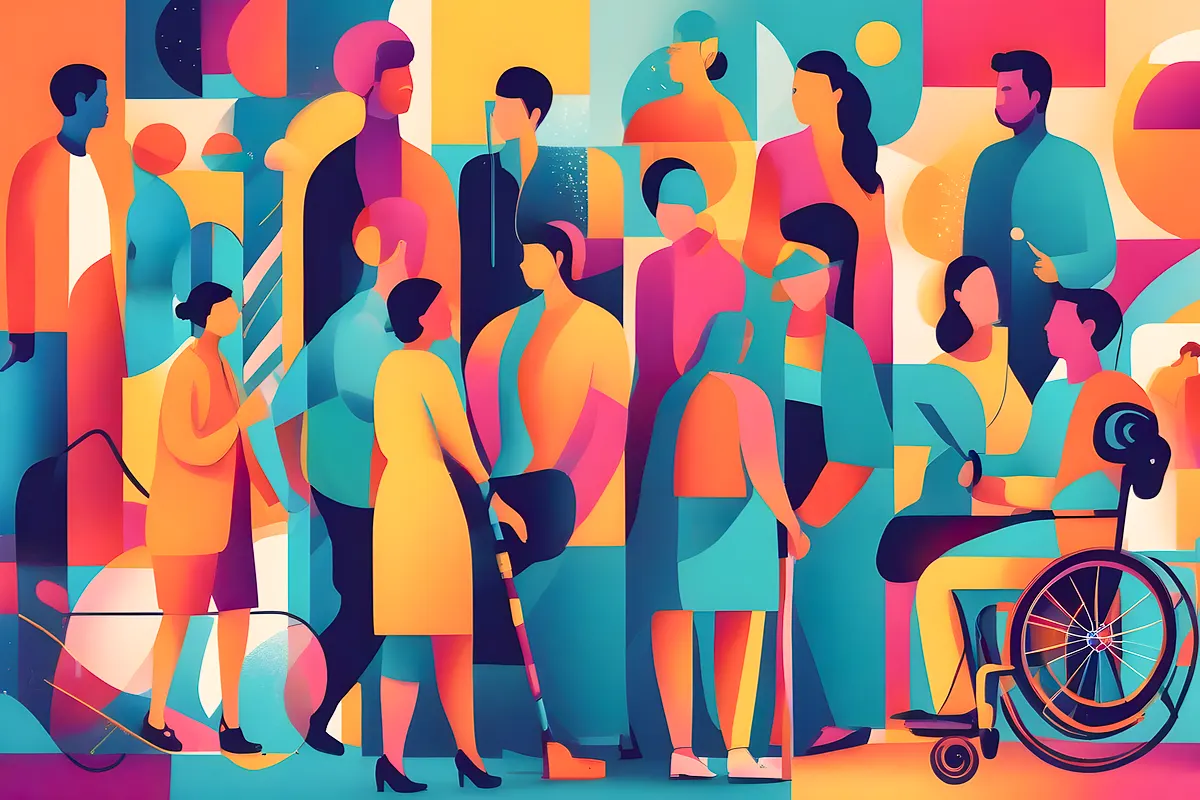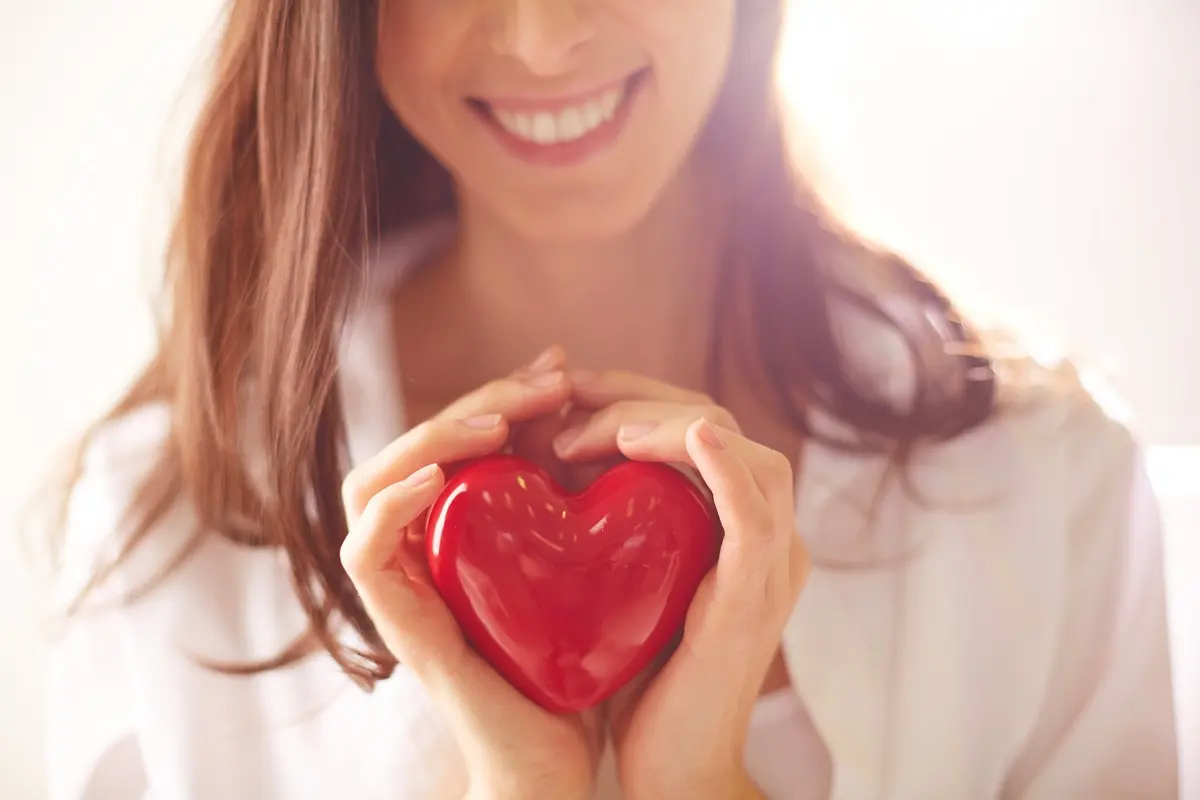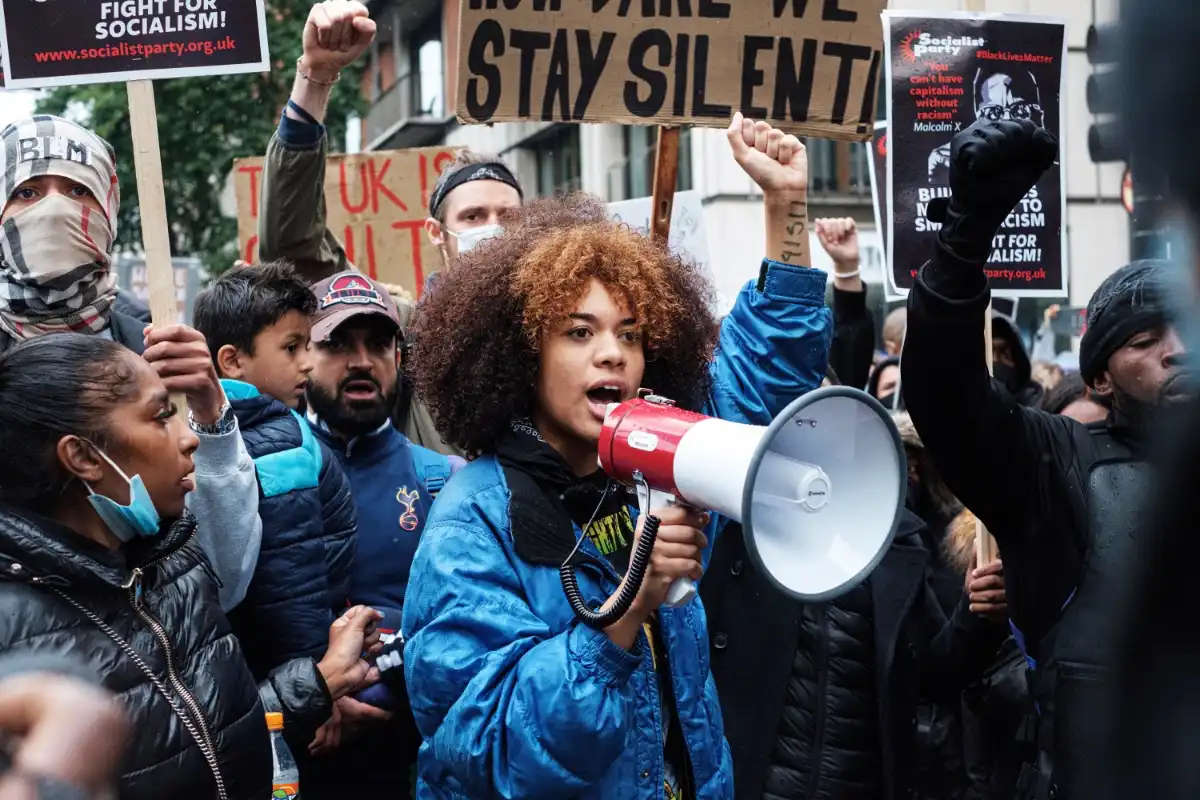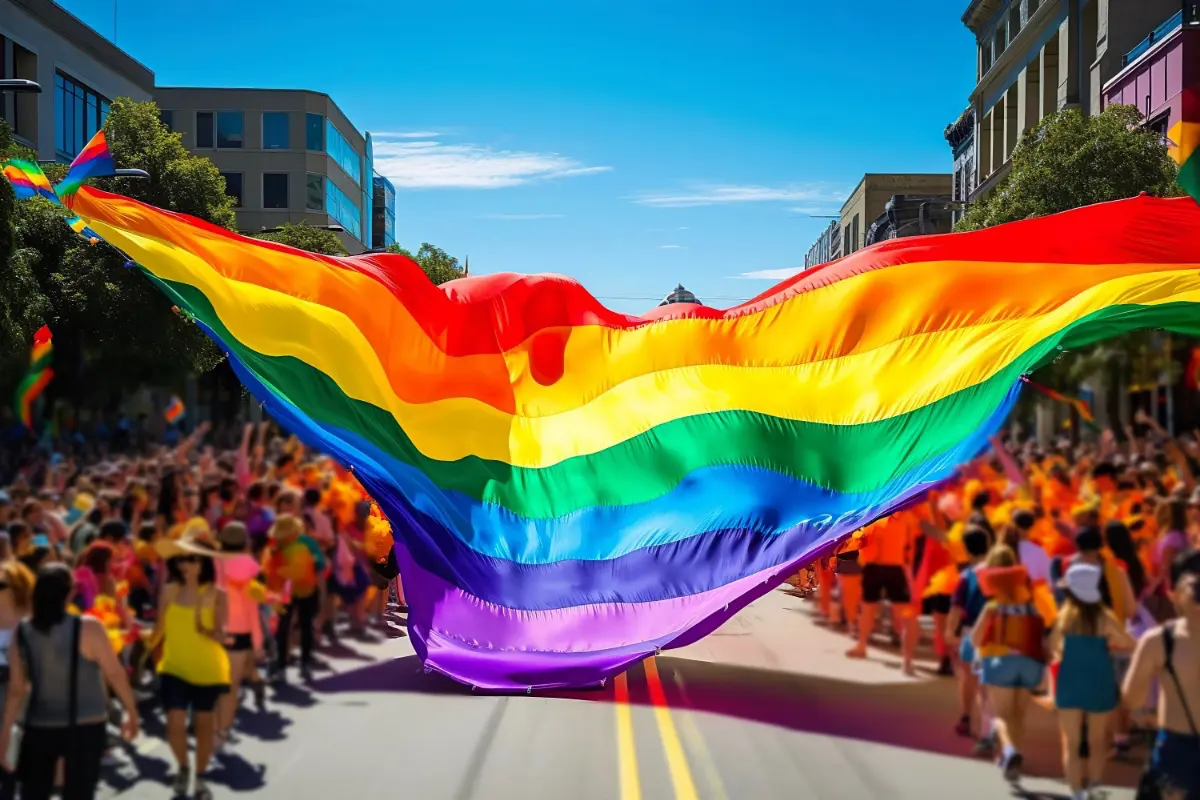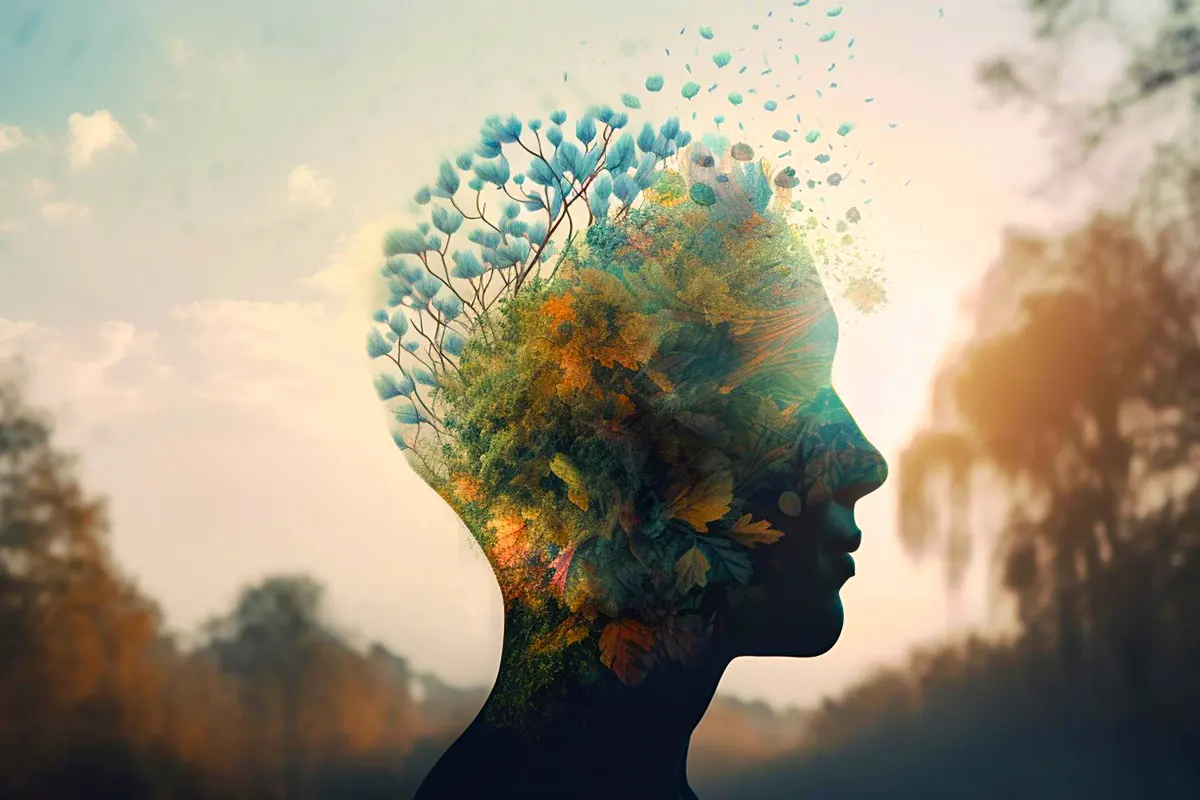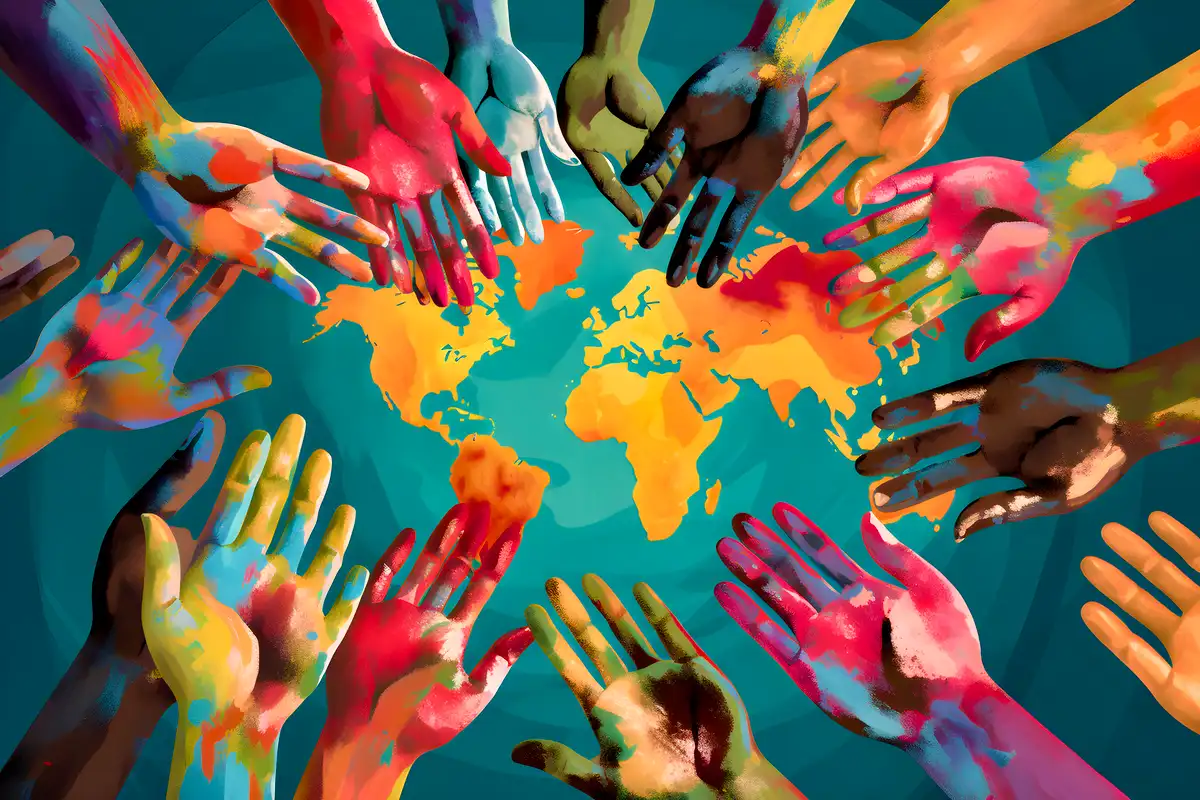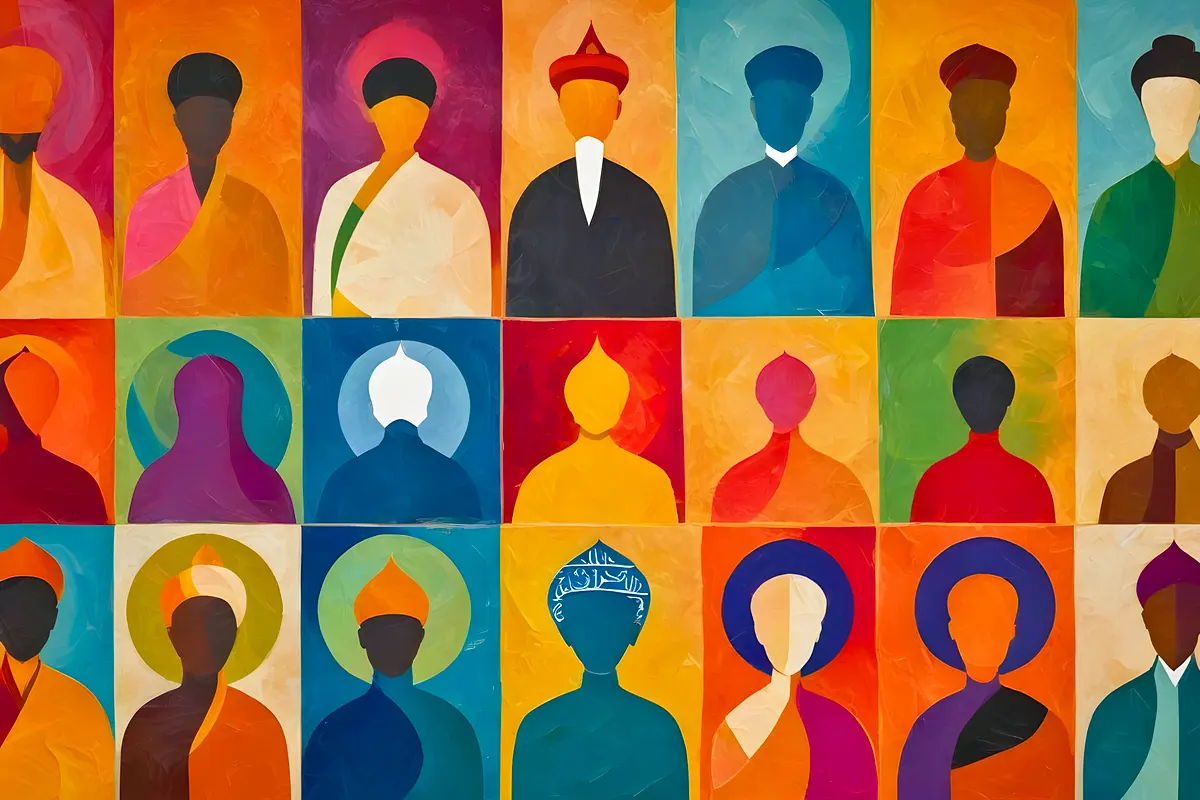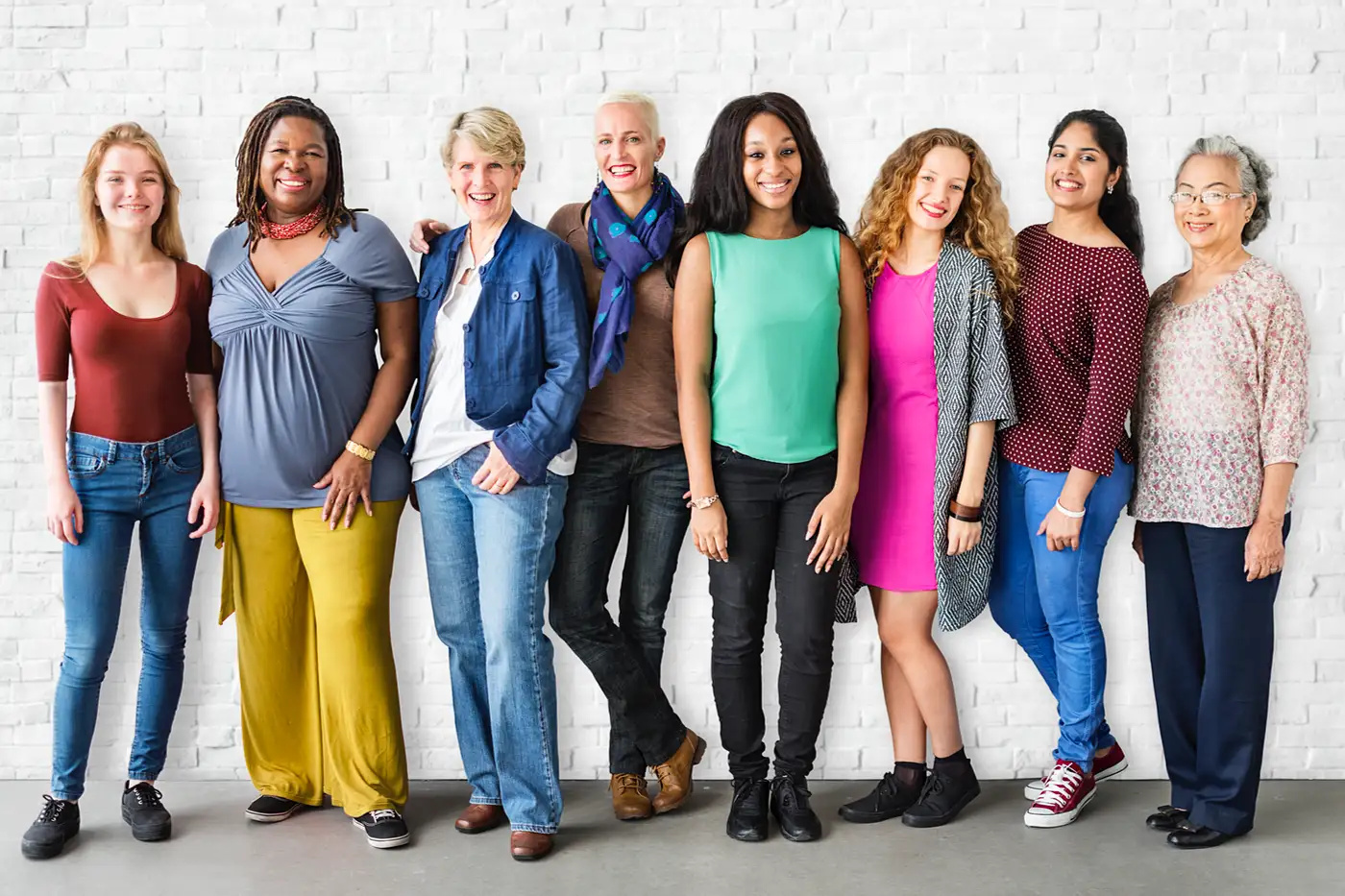Approaching Ramadan
It was during a shoulder bridge Pilates move, holding core muscles taut and adjusting the position of my spine, that Ella our instructor asked whether we’d carry on coming to classes during Ramadan. A few ‘umm…yeah, maybe…no’s’ were heard around the room, but nothing more. A conversation about Ramadan from the gym mat just wasn’t going to work, so I focused on my core and breathing technique instead.
The next morning, the mild strains from the Pilates moves, reminded me to email Ella something coherent about Ramadan. Without sharing the context of this lunar month, contradictory sound bites fill the air and make it difficult for colleagues and clients to understand what’s actually going on in Ramadan.
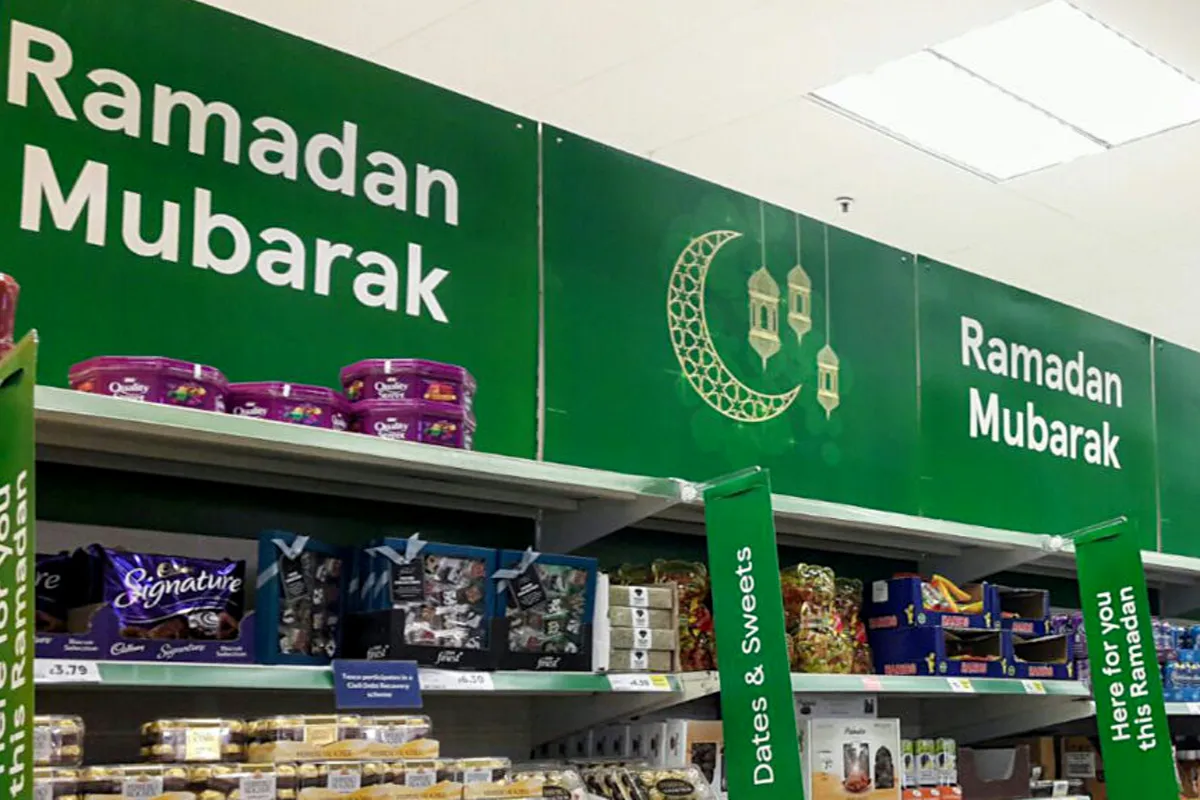
Ella’s reply arrived immediately. She was appreciative, particularly when it came to distinguishing between popular (mis)information and an insider’s lived experience. If you’re aware of Ramadan and know it has something to do with giving up food and drink during the daytime, then welcome into my shoes for a few moments – it might help join the dots between the ‘Ramadan Mubarak’ sign in the grocery shop, the mosque and colleagues booking some of their annual leave during the month.
What’s special about the month of Ramadan?
Given the prominence of the physical aspect of fasting, it’s no surprise that the central role of the Qur’an during Ramadan, is unknown outside of Muslim communities. Historically, the revelation of the Qur’an to Prophet Muhammed began in month of Ramadan. The few verses in the Qur’an about this month distill it’s primary purpose: to draw close to God; to be grateful for the guidance of the revelation and to continue with the tradition of fasting which previous Prophets revered by Muslims, practiced too.
The rest of the verses about Ramadan cover details about when to start and end the fast (dawn till sunset) and the categories of people who don’t need to fast, such as the ill, those travelling or pregnant & breastfeeding women.
How I prepare
A colleague once asked me why a month of physical hardship is anticipated so keenly by Muslims. I’m glad she asked. The physical side of fasting is certainly more challenging for some more than others. In general terms it is tiring and getting the sleep – prayer – food -digestion equation to work well takes some fine tuning. Getting enough sleep is my battle, so I’ve reduced my caffeine in the 2-3 weeks leading up to the month.

There’s an emphasis in the two months prior to Ramadan to be mindful of our habits. Sayings from traditional sources likens these two months to seasons of planting the seeds of good qualities like patience, forgiveness, honesty and nurturing them, in order to reap the harvest in Ramadan. This encourages me to slow down and reflect on how I spend my time; what’s the quality of my connection to God?; what are my priorities?; what’s my consumption like in all areas of life, beyond food and drink?; what state are my relationships in?
Welcoming the month comes from the opportunity for spiritual renewal, for the blessings and reward believed to be attached to Ramadan from the moment the new crescent is spotted. Muslims believe every effort made to detach their souls from the treadmill of physical needs, and focus on their heart and God consciousness – something like a big soul spring clean – brings them closer to God and a peaceful existence.
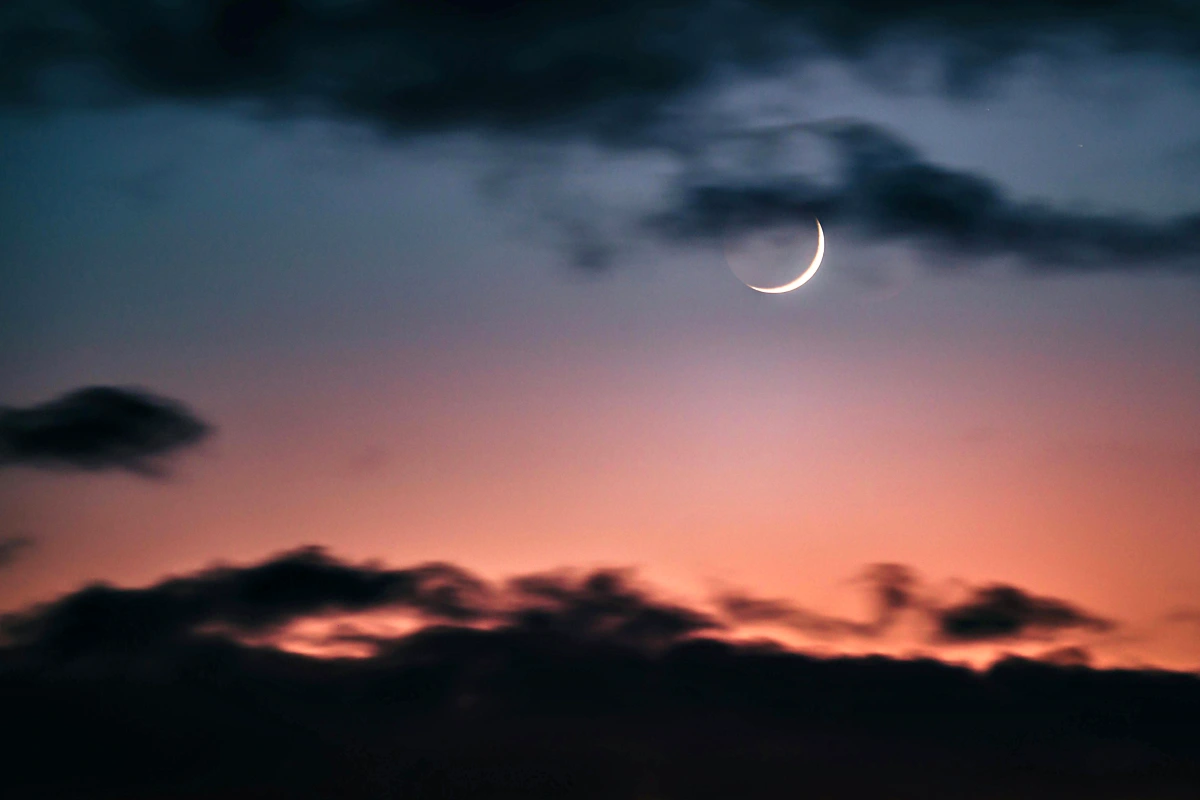
When Ramadan arrives
I plan to attend some virtual and local lectures and study sessions dedicated to studying the Qur’an over the month. At my local mosque, there’s an daily in-depth class that goes through a chapter of the Qur’an per day. When I worked part-time in the education sector, I would attend once in the weekdays and sometimes over the weekend. Other years I managed my freelance writing around these sessions. During the pandemic, like everything else, Ramadan classes moved online, and much of that hybrid ethos still exists.
A year of life on this planet is a mixed bag isn’t it? Between one Ramadan and the next, we stop to look at what’s weighing this mixed bag down: anger, regret, pride, disappointment? The classes open this baggage up and we peer inside, sorting out what to keep and what to let go of. Somehow the physical discipline of fasting helps this invisible work on one’s self.
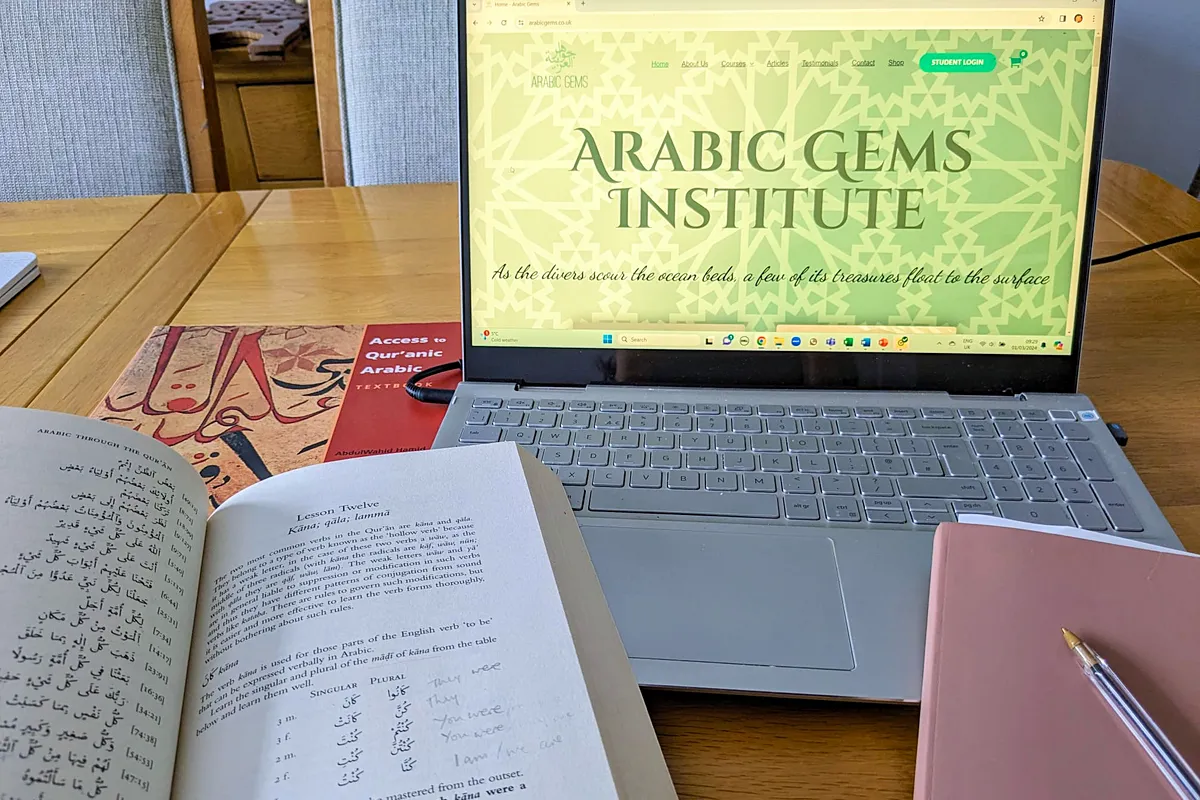
When Ramadan 2023 ended, I committed to a one year classical Arabic course focused on understanding the Quran better before Ramadan 2024 arrived. As tough as it’s been (I totally failed with keeping up with the homework), I feel I gained a lot through the live sessions online and now, at week 39 out of 40, I anticipate inching closer to understanding a bit more of the recitation that fills the Ramadan evenings in the mosque.
In terms of those ‘Ramadan shopping aisles’ I don’t stock up on more food, it’s just different items. More dates and fruit, a lot less snacks. I prefer to spend less time on food prep and cooking during the month and plan easier meals, prepping and freezing staples before Ramadan starts to free up time. But I know for some families the expectations for ‘Ramadan special food’ can become a pressure. I can almost hear the kitchen sigh with relief over the month because in our house it literally gets a break! It was another story when the kids were young and not fasting, but we adults were…
What’s happening on the community level?
Mosques are buzzing in the evenings with the special prayers – called taraweeh that take place only in Ramadan. Individuals and families choose to join in with this congregational prayer as often as they can, others prefer to offer their taraweeh at home in solitude. Most people do a bit of both. Communal iftaars (the meal to break the fast) are popular in the mosque and as families we try to come together and break fast at sunset when we can.
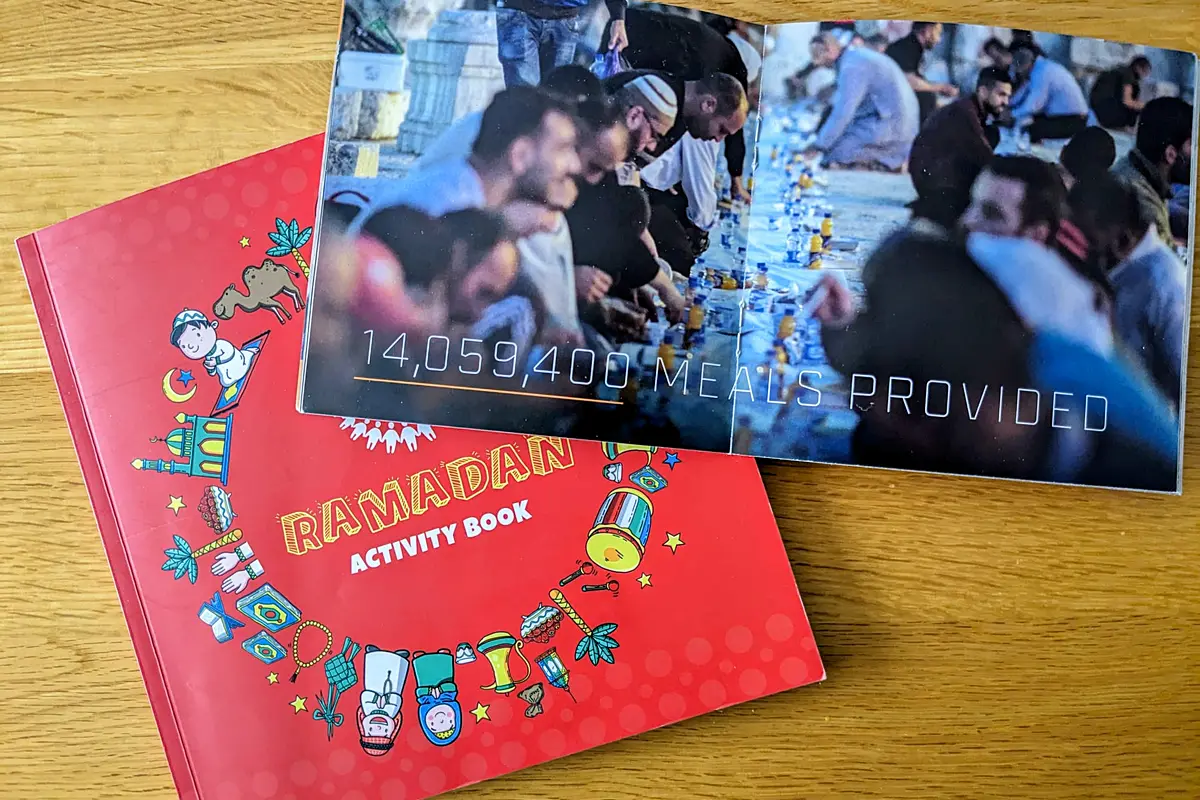
As well as the family themed activities and talks, there are several fundraising initiatives to support humanitarian relief around the world and contribute to local projects supporting the homeless, foodbanks and families closer to home.
Fundraising activities start well before the month – the posters for local bazaars are dotted all over my phone – allowing time for help to reach those in hardship to be better equipped during Ramadan.
Ramadan 2024 has coincided with the spring season this year. They align well. As signs of life finally peep up from the cold garden pots and cherry blossom lines the drab road around the corner, hope is in the air, and it’s this that gives rise to the chorus of ‘Ramadan Mubarak’ (congratulations on Ramadan) between friends and strangers when the crescent’s sighted.
Checkout this helpful MCB Ramadan guide for the workplace.

